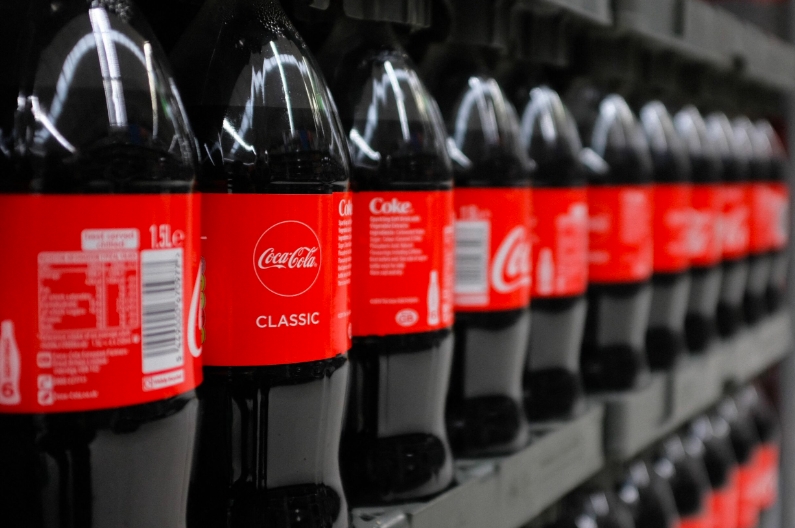More than 200 companies, including Sony, Coca-Cola, and Virgin Media, have urged world leaders to agree on a timeline to phase out fossil fuels at the upcoming COP28 summit in Dubai. The companies, which collectively have nearly $1 trillion in annual revenues, said that decarbonizing the global energy system is essential to avoid the worst impacts of climate change.
Businesses feel the impacts of climate change
The companies signed a letter coordinated by the non-profit We Mean Business Coalition, which advocates for greater climate action from the private sector. The letter stated that the businesses are feeling the impacts and costs of increasing extreme weather events resulting from climate change. The letter also highlighted the economic opportunities and benefits of shifting to a clean energy future.
The letter was published ahead of the COP28 summit, which will take place from November 30 to December 11, 2023. The summit is expected to be a crucial moment for the implementation of the 2015 Paris Agreement, which committed countries to limit global warming to well below 2°C, preferably to 1.5°C, compared to pre-industrial levels.
A call for a global fossil fuel phase-out
The letter called on the COP28 attendees to commit to reaching 100% decarbonized power systems by 2035 for developed economies, and to provide financial and technical support for developing countries to achieve the same goal by 2040 at the latest. The letter also urged the leaders to end all subsidies and public finance for fossil fuels, and to introduce carbon pricing mechanisms to reflect the true cost of emissions.

The letter’s signatories span a range of sectors and include multinationals and small and medium-sized enterprises. Some of the notable names are Sony, Coca-Cola, Virgin Media, Unilever, Nestle, IKEA, Heineken, Bayer, Volvo, Mahindra Group, and Iberdrola. The companies have also made their own commitments to reduce their emissions and align their operations with the Paris Agreement goals.
A challenge for the fossil fuel industry
The letter’s demand for a global fossil fuel phase-out is likely to face resistance from some of the world’s biggest fossil fuel producers and consumers, as well as from poorer nations that rely on cheap and abundant energy sources. The fossil fuel industry has also been lobbying to maintain its influence and interests in the face of growing public pressure and regulatory scrutiny.
However, the letter’s signatories argued that phasing out fossil fuels is not only necessary for the environment, but also for the economy and society. They claimed that a rapid transition to clean energy would create jobs, spur innovation, enhance competitiveness, and improve health and well-being. They also warned that failing to act on climate change would pose significant risks and costs for businesses and communities.
A hope for a successful COP28
The letter concluded by expressing the hope that COP28 would be a successful and ambitious summit that would deliver a clear and credible roadmap for a fossil fuel-free future. The letter also pledged the companies’ support and collaboration with governments, civil society, and other stakeholders to achieve the common goal of limiting global warming to 1.5°C.
The letter is one of the many initiatives and campaigns that have been launched by the business sector in the run-up to COP28. Other examples include the Race to Zero, which aims to mobilize companies, cities, regions, and investors to achieve net-zero emissions by 2050, and the Science Based Targets initiative, which helps companies set emission reduction targets in line with the latest climate science.


















